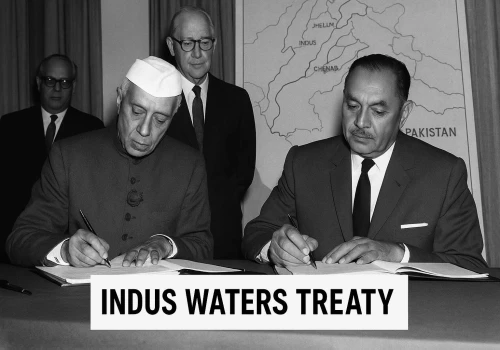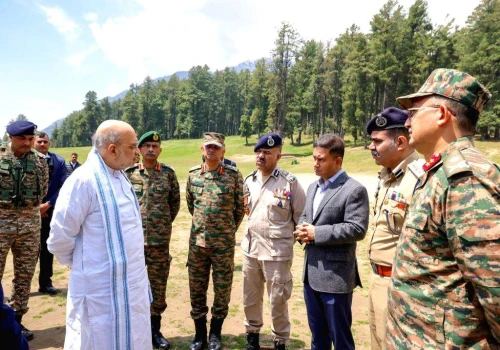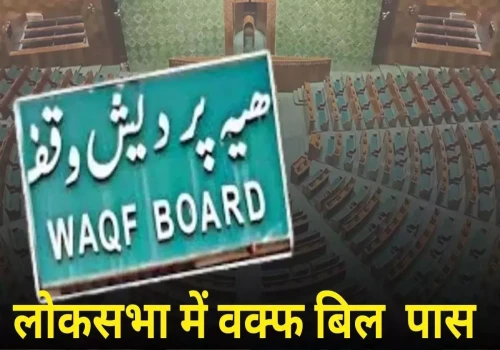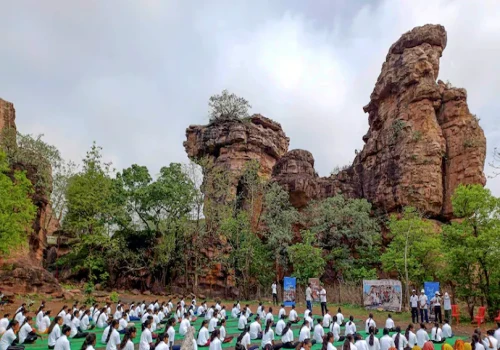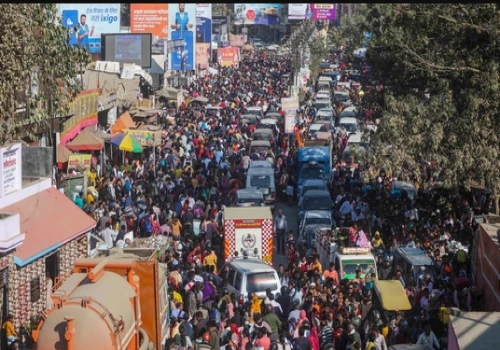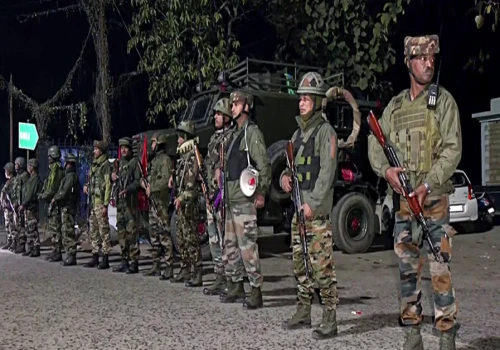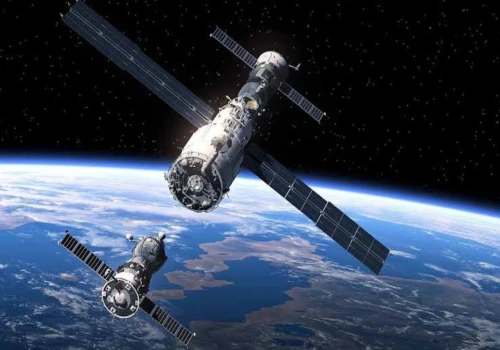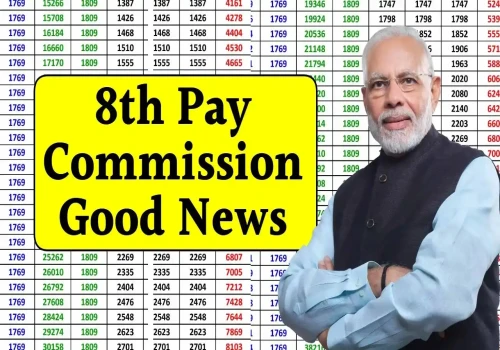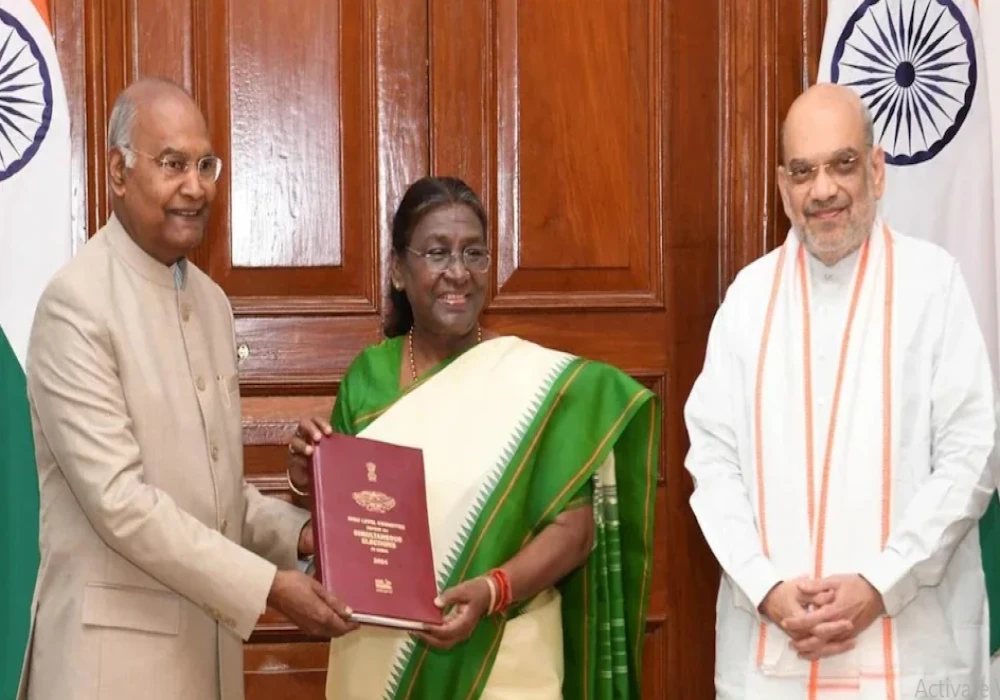
Earlier this year, in March, a committee led by former President Ram Nath Kovind suggested that India should hold elections for the national parliament (Lok Sabha) and state governments at the same time. They also recommended having local body elections in a similar time frame, within 100 days.
Recently, the government, led by Prime Minister Narendra Modi, agreed to this idea and approved the plan for "One Nation, One Election." This means that elections for both the central and state governments could be held together in the future. The government plans to introduce a bill about this in the upcoming winter session of Parliament.
The idea of "One Nation, One Election" has both supporters and critics. Supporters say it will save money, time, and make government work more efficient, as there will be fewer election campaigns. Critics, however, worry that it might affect India's democracy and the federal system, where both the central and state governments have separate powers.
This idea is not new. In fact, India used to have simultaneous elections until the late 1960s. Other countries, like South Africa and Sweden, also hold their elections together for different levels of government.
Benefits of "One Nation, One Election":
- Better Governance: Governments won’t be distracted by frequent elections, allowing them to focus more on running the country.
- Cost Reduction: Holding many elections is expensive. The 2019 Indian election cost around ₹60,000 crore, so holding fewer elections could save a lot of money.
- Less Political Corruption: Fewer elections might reduce the need for constant fundraising by political parties, which could help reduce corruption.
- Simplified Voting Process: Fewer elections could make the voting process easier and prevent errors like missing voter names from lists.
- Financial Stability for States: Without the pressure of frequent elections, state governments might manage their finances better and not promise costly giveaways to win votes.
Challenges of "One Nation, One Election":
- Constitutional Issues: Right now, the Indian Constitution sets the term for both the Lok Sabha and state assemblies at five years. If a government falls early, it will disrupt the synchronized election cycle.
- Federalism Concerns: Some people worry that this system might reduce the independence of state governments.
- Logistical Problems: Holding one big election across the whole country would need a lot of resources, including more voting machines and trained staff.
- Less Frequent Feedback from Voters: Regular elections give voters the chance to express their opinions. Fewer elections might limit how often people can hold the government accountable.
- Risk of Single-Party Dominance: Studies show that when elections are held together, one political party might dominate both national and state elections, which could blur the line between national and local issues.
For this idea to work, the government will need to make changes to the Constitution, invest in voting infrastructure, and ensure that everyone understands the benefits and challenges of this system.

_500_x_350.webp)
 (1)_500_x_350.webp)
